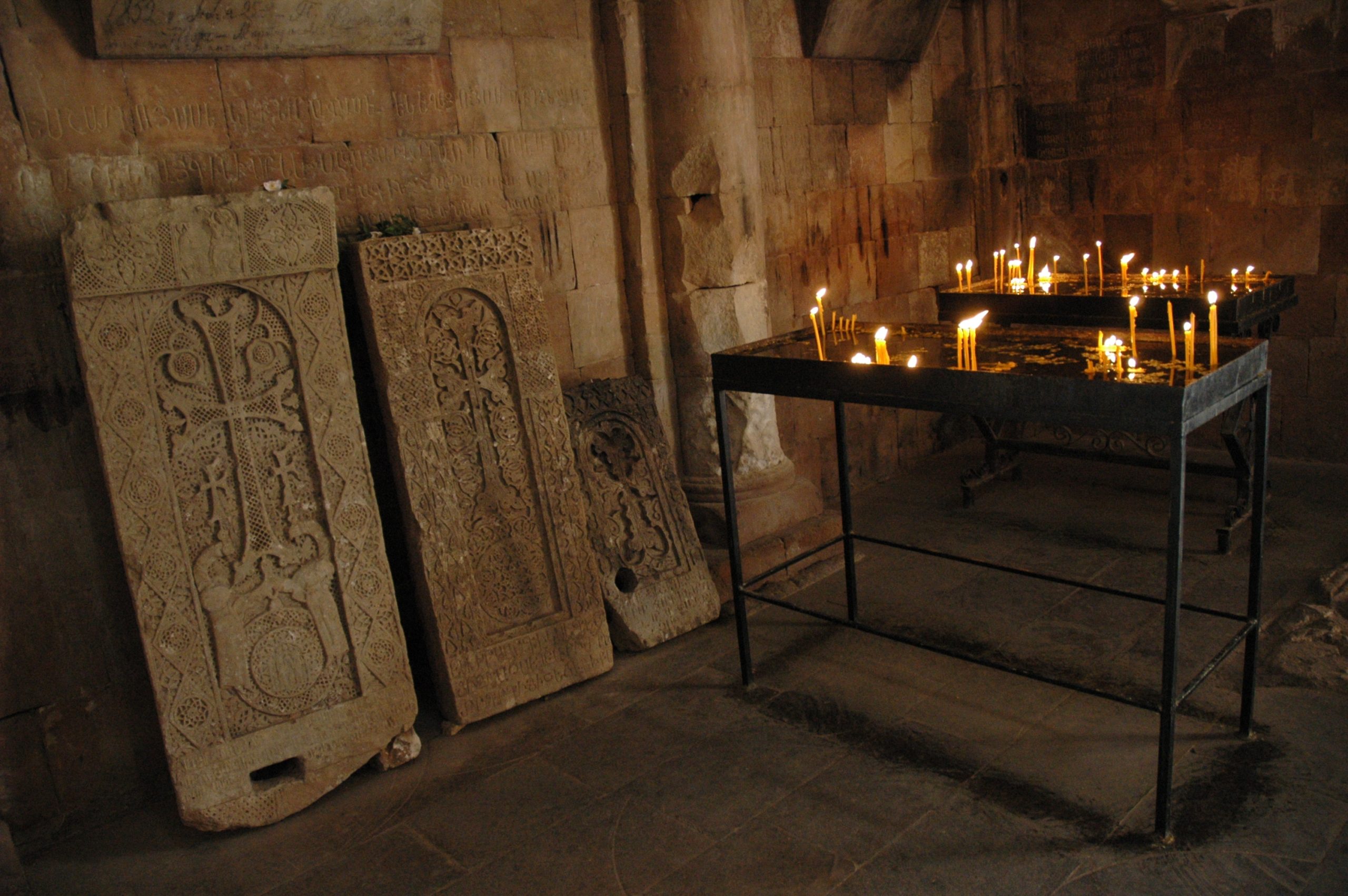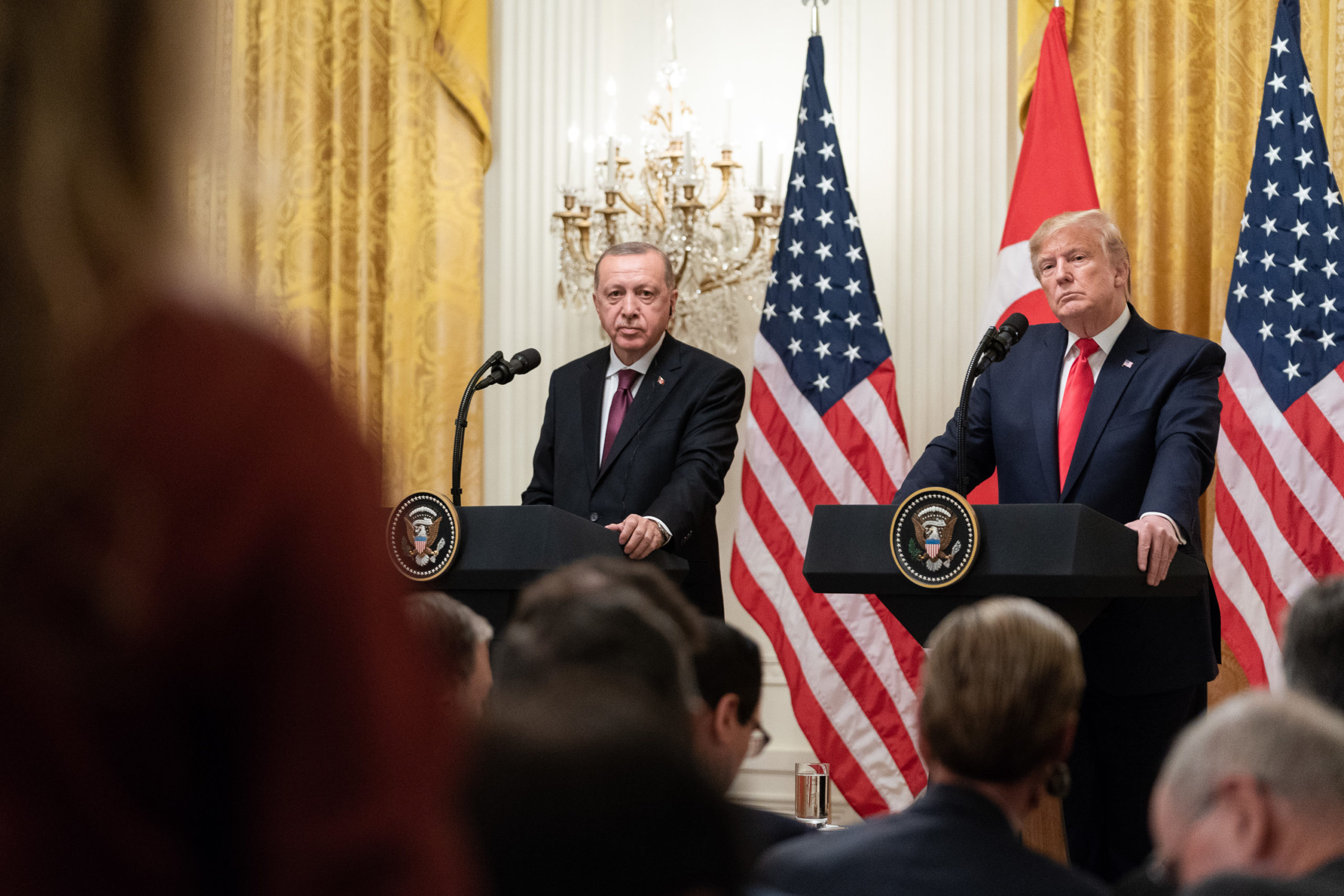
Original pain—that’s what I call it. We all have it. It came with our Armenian heritage. We have a beautiful culture, a vibrant language, an incredible history for millennia and an independent homeland. It’s a great time to celebrate and be grateful for our blessings. Well, except for that one dark cloud that we all share in common. Our language has survived cultural deprivation. Our history and culture are studied and respected. But there is one aspect of our common inheritance that is both painful and motivational. Whether we can articulate the historical details or not, everyone has a family story that they hold dear to their hearts. This is a blessing and also a burden. It inspires us to advocate for justice and has inspired thousands of volumes of documentation for research, education and remembrance. We want our legacy to be the truth. Yet the absence of justice has created a genocide-centric society, particularly in the diaspora which, of course, was formed as a result of the Genocide. Some of the burden has been lifted with the emergence of the Republic of Armenia (RoA). The need to support the RoA absorbs some of the bandwidth of the diaspora, but it also represents a great accomplishment in contrast to those who sought our extinction. It is a victory of survival, and as Armenia develops, it will represent our thriving. It has relieved some of the pain, but not entirely. After all, the direct victims were our families and the impact was our historical homeland and communal wealth. We feel a responsibility to the past and to the future for “justice.” The absence of justice has created an unfortunate victim psyche that will improve as our political maturity feeds the path to full redemption.
Each of us has two distinct memories of our discovery of the Genocide. Think about that first moment when you learned that our people—your relatives—had suffered genocide. What were your emotions, and did they alter your perspective of your Armenian identity? Usually the first memory was the awareness that such a horrific tragedy happened to Armenians. This may have occurred as a result of a family history discussion or through a more formal process. The second devastating discovery was when we became aware that the crime has gone unpunished and is actually denied vociferously today by the criminal nation. This is where the burden comes into play. Gaining knowledge of a historical fact is one thing, but to discover that the crime is still unresolved makes it very personal. It becomes a generational responsibility and a very private promise to our grandparents, parents and future generations. The “burden” is a part of our inheritance that we dutifully accept. As long as succeeding generations accept this responsibility, our cause of justice will remain strong. If we stop caring, the issue will be added to the long list of forgotten historical injustices.
We must never let the psychology of dispossession lead us into the abyss of hatred and inaction.
Many of us have vivid recollections of when the “original pain” became real. In my case, it began in 1965. I was a kid barely old enough to call myself a borderline teenager. I had joined the AYF in Indian Orchard and listened to an educational at our chapter meeting on the Armenian Genocide. I had heard background conversations from our elders that mostly related to their immigration stories. I will never forget the feeling of horror and sadness when listening to the exploits of my grandparents’ generation. I went home and asked my father why I didn’t know more. He told me that everyone in the adult generation knew about this and for the young, the time was now.
It was 1965—the year of the 50th anniversary of the Genocide and what became the “Great Reawakening.” It was the birth of activism in the diaspora. As part of the global commemoration that took place that year, our community formed a committee that organized public events which included a local television commemoration. The television show consisted of a requiem service performed by our church members, and then a professional video created for the 50th was broadcasted. A tremendous amount of material was published by the national committee for educational and public relations purposes. I remember staying up in my bedroom studying the pamphlets, looking at the pictures and reading the maps. Those days had a profound impact on who I was to become. Interestingly, I felt a spiritual bond with my grandparents as they were my connection to this traumatic reality. We were a dispossessed people—lives lost, family trees broken, homeland stolen and wealth redistributed to the criminals—a civilization destroyed! It was a devastating discovery.
DISPOSSESSED—“deprived of land, property and other possessions.” With the denial that followed we were also deprived of our dignity and justice. It has become commonplace over the years to ask Armenians around the world their perspective on how the Genocide has affected their spiritual and ethnic identity. Learning about their perspectives on the “original pain” in America, Beirut, Aleppo, Yerevan, Paris or Montreal has convinced me that throughout the scattered seeds of the diaspora, the generational transfer of responsibility had taken place and that indeed this was a noble cause to unite us. At that inflection point in 1965, I felt this surge of energy to do something to resolve this criminal cover-up. Of course at my age, it looked a little silly to the adults who had lived with this pain their entire lives. A few men from the survivor generation kindly advised me that the best way to help was to read, to become educated and only then could I help. Their point was unless you become knowledgeable and capable, you can’t add much value. I was fortunate to receive this advice because many of us struggle with how to channel our energy in a productive way. In the absence of knowledge and a way to route our motivation, we are left with chronic frustration, anger and even hatred. Dispossession can lead to many emotions.
No one likes to be cheated in life. We inherently believe in fair play. Follow the rules, do good things and everything will work out. At this particular point in our long history, that has not exactly been the case.The 20th and early 21st century versions of Armenians feel cheated, ripped off and having received a raw deal. It is one thing to endure the horrific hardships of genocide. That was the burden of our surviving generation and their children. For succeeding generations today, the physical and anecdotal pain is in the past, but they have received a psychological burden—the lack of closure! We are left to feel the frustration of denial and the lack of justice that can enable us to be productive or lead us to self-pity.

Referring to the circus of Erdogan’s visit, it was particularly humiliating for American Armenians, who are builders and loyal contributors to this country, to see our country offer him a platform to deny, lie and insult not only Armenians, but the very values of our country. It was just a short time ago that Erdogan set his thugs upon Kurdish and Armenian Americans expressing their Constitutional right to assemble with free expression in Washington. In an ugly scene reminiscent of the traditional oppression that is common in Turkey, US citizens were physically attacked by Turkish security. This disgraceful event should have resulted in substantial legal action and revoked any potential invitation of Erdogan to America. Since that disgrace, Erdogan has additionally endangered NATO with the purchase of the Russian S-400 missile defense system and has continued to defy US interests in Syria. Now with the blood of the Kurds and Christians on his hands, he is invited to the White House to have his say of vile rhetoric on the most powerful stage in the world. It shakes the psyche of our people. While we will all recover and carry on, I must admit that my disgust and anger was overwhelming for a few days. This, of course, renders us unproductive and is a distraction; however, it illustrated the extremes to which political expediency exists. Inviting Erdogan to the White House to advertise his lies is comparable to the German president speaking against the veracity of the Holocaust. The difference, of course, is that Germany has long since admitted its guilt, offered reparations and made great strides in the internal societal healing. No such action has been taken by NATO “ally” Turkey. As more nations embrace the fact of the Armenian Genocide and we begin to move into the reparations phase of our long road to full redemption, Turkey will become further isolated as a prime example of a nation whose denial is recognized as an obstacle. I believe the American people, through 49 states, the House and historical declarations, stand with the truth. We must never let the psychology of dispossession lead us into the abyss of hatred and inaction.
Each succeeding generation receives our inheritance. For the Armenians, this is a 4000 year-old process. The vast majority of our inheritance is bountiful with the richness of our culture, our history and our loving faith. Each generation also passes certain matters of ”unresolved business” that they dutifully pursued and passed on for continuance and eventual closure. Such is the burden of our “original pain” from the dispossession of the Genocide.
Thankfully, many have embraced this responsibility as a “reason to be” and have carried forward the flag of justice. We must help each other. We must encourage each other to channel our energy into productive advocacy such as the ANCA or the Assembly. One day the United States will be unified in its recognition. One day the Turkish president will come to America and Armenia to admit the evil of the Armenian Genocide. Reparations and restitution will happen, and the Turkish society will finally move forward as the dark cloud dissipates. Only God knows when this will happen, but I truly believe it will. Until then, we will fulfill our responsibility to resolve our dispossession. Erdogan is a distraction, and it does hurt in the short term, but the truth will always prevail. That belief will get us through this and other hindrances as we continue our journey.



Be the first to comment